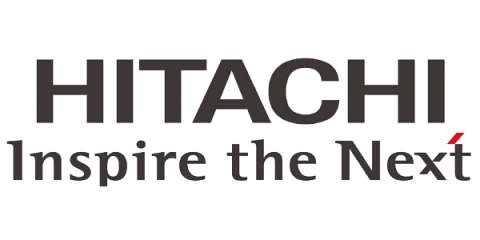Converged Analytics In Financial Services
In financial services, data has always been viewed as a strategic asset. To manage this data, organizations have invested heavily over several years and across a number of technology generations in the underlying data infrastructure. This approach has left a large data technology legacy along with silos of data linked to specific infrastructure and applications.



